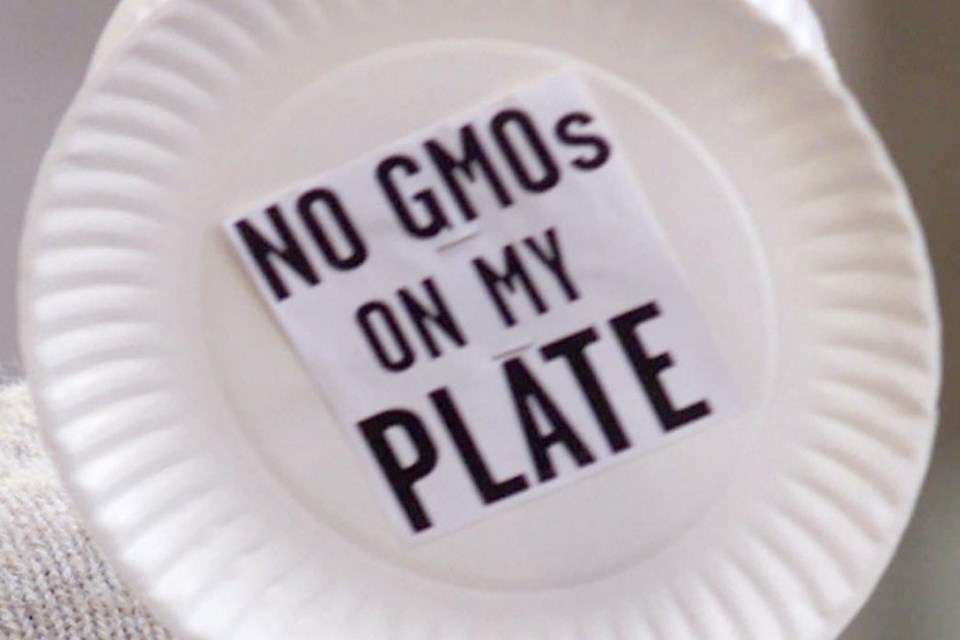Genetically engineered crops, plants and trees are not welcome in Victoria.
City councillors have unanimously backed a multi-part motion last week calling for a suite of rules and scientific protocols to restrict and monitor genetically modified plants in B.C. and Canada.
Genetic engineering or modification refers to the direct manipulation of an organism’s DNA without traditional breeding methods. More than 81 genetically modified foods have been approved for sale in Canada, according to Health Canada, including types of maize, canola, apples, soybeans, tomatoes, rice and salmon.
But approvals have not settled the issue for many citizens, who are uncomfortable with such foods. Questions include whether genetically modified food is safe to eat and who is doing research.
Canadians worried about the potential effects include Victoria councillors Ben Isitt and Jeremy Loveday. They persuaded council to support their motion, stating in a report: “Genetically engineered plants and foods have not been adequately tested by any federal agency for long-term impacts on human and environmental heath.”
They won backing for the idea that all genetically modified foods sold in Canada should be labelled as such.
“We’re calling on the federal government to ensure [that] an adequate system of scientific testing, independent of industry, is in place for all genetically modified crops and products,” Isitt said.
“We’re also calling for a regime of mandatory labelling of all food products containing GMOs, a sensible consumer protection measure that many other countries have already adopted.”
Councillors also agreed to call on the federal and provincial governments to put a moratorium on permitting any new genetically modified products on the market “until more independent and transparent scientific assessments are developed.”
Council is opposed to the cultivation of any genetically modified crop, plant or tree in the city “in the absence of scientific testing on the long-term impacts of these crops on human and environmental health.”
Victoria is not alone — other municipalities have also supported a limitation on genetically engineered plants, including Saanich, Metchosin and Powell River, according to a report by Isitt and Loveday.
In 2013, the Union of B.C. Municipalities asked the province to declare B.C. a genetically engineered-free area for all plant and animal species.
Health Canada says genetically modified foods pose no more risk to human health than conventional foods, and that new genetically modified crops are subject to assessment before they are allowed on the Canadian market.
In May, Health Canada and the Canadian Food Inspection Agency approved a genetically modified salmon for sale as food.
AquaBounty, the company producing the fast-growing Atlantic salmon, said it would not be in supermarkets for at least a year. The fish’s quick growth is due to genes from chinook salmon and ocean pout.
Opponents uneasy with the plan have launched court challenges, one in Canada and one in the U.S.
Health Canada’s website states that this salmon is “as safe and nutritious for humans and livestock as conventional salmon. In Canada, novel products are only authorized once regulators are satisfied that every aspect of the assessments has been adequately addressed.”
— With a file from Michael D. Reid



